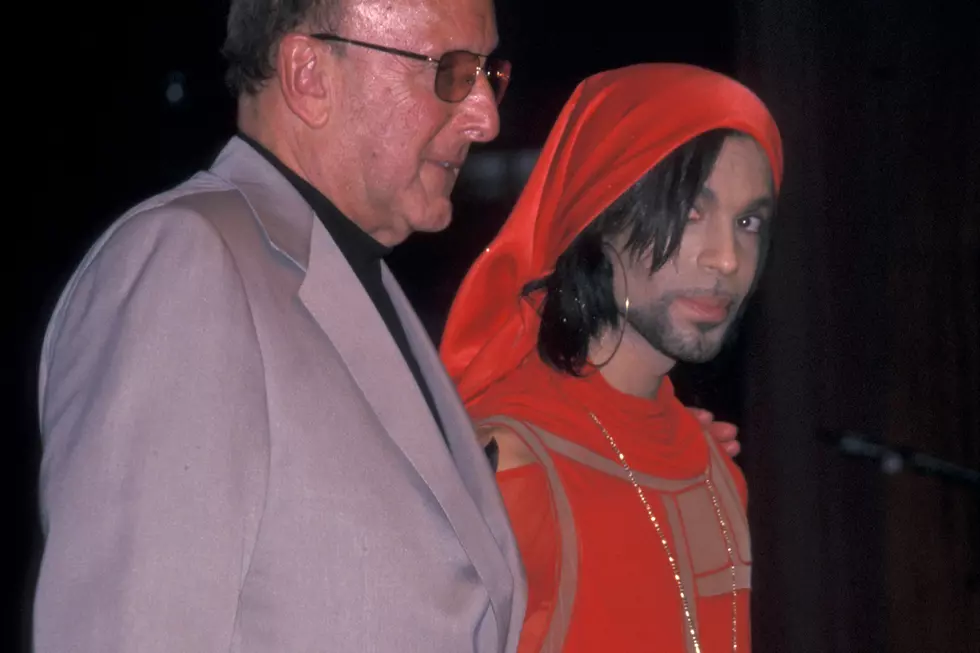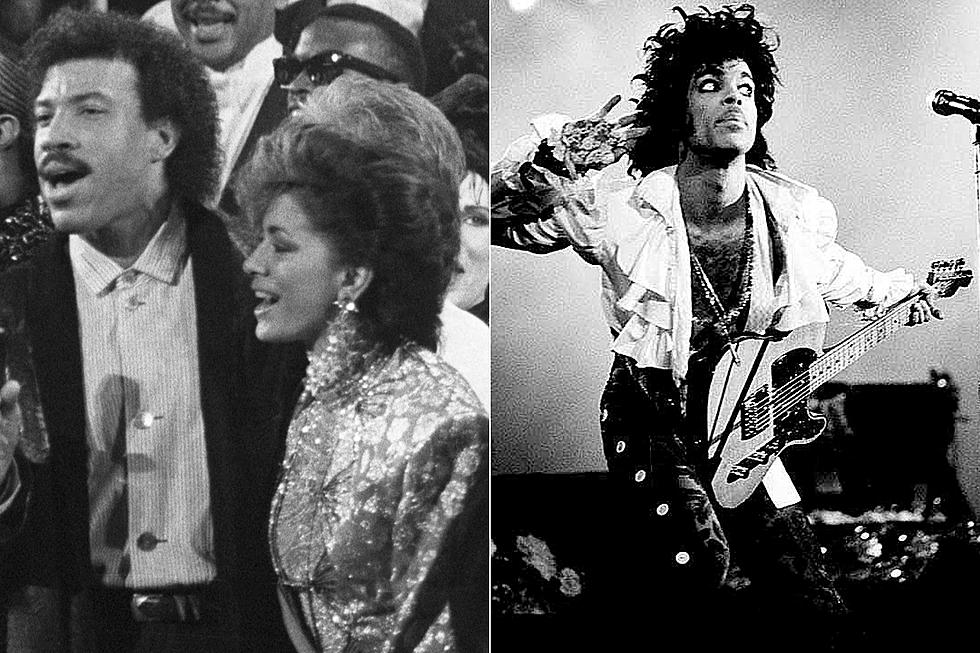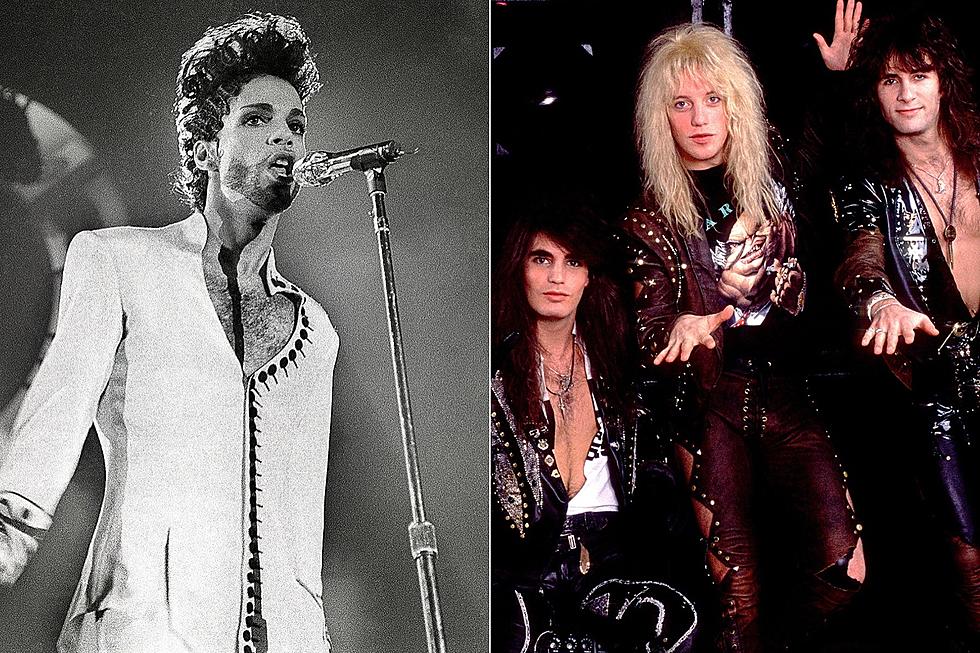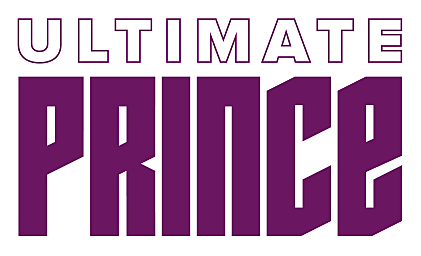
Why Prince ‘Abhorred’ Compulsory License Covers of His Songs
Prince was a man of many words when it came to the inequities of the music industry, the possible societal evils of the internet, and other serious topics. One subject the Purple One was consistently adamant about was his intense dislike of the copyright laws allowing other artists to cover his songs without his permission.
In a 2011 television interview Prince succinctly laid out his opposition to compulsory licensing. "I don't mind fans singing the songs… My problem is when the industry 'covers' the music," he told George Lopez. "See, covering the music means that your version doesn't exist anymore. A lot of times, people think that I'm doing Sinead O'Connor's song and Chaka Khan's song when in fact, I wrote those songs. And it's okay when my friends ask to do them, but there's this thing called the compulsory license law, which allows artists, through the record companies, to take your music, at will, without your permission. And that doesn't exist in any other art form, be it books, movies — there's only one version of Law and Order. There are several versions of 'Kiss' and 'Purple Rain.'"
Watch Prince Discuss Compulsory Licensing with George Lopez
While many music lovers may disagree with Prince's assessment that "covering the music means that your version doesn't exist anymore," fans know that he maintained total control of every aspect of how his music, image, and likeness were presented to the world. So much so that he threatened to sue fans and tribute sites for unauthorized use of his image.
Pop icon Mariah Carey, who covered "The Beautiful Ones" with 90s R&B group Dru Hill on her 1997 album Butterfly, found out about Prince's dislike of covers from the man himself.
"He did not like [covers], nor did he believe in the concept," Carey told Variety in a September 2022 interview. "I only found this out years later, around the time I was doing Glitter, when he told me so. And I'm thinking, 'Oh my God' — but then Prince told me how much he loved my song 'Honey,' and I was dying."
Likewise, music industry titan Clive Davis also recently confirmed Prince's issues with compulsory licensing in an interview with Showbiz411.
"Let me verify that Prince absolutely abhorred the compulsory license statutory provision. When Arista distributed the album Rave In2 The Joy Fantastic by Prince (the only album where we joined together), this was his favorite subject. During every call and during any concert we both attended or dinner we shared, the topic of the 'unfair and inequitable compulsory license' not only came up but was dialogued extremely intensely. This was at Prince's initiation.
"I didn't at all agree with him, and we endlessly went back and forth. He had wanted me to go to Washington DC with him and meet 'with Congress' to plead his case. I refused since I was at odds with his position. Then one day, Prince called me to say that the reason that he kept bringing the subject up was that he found our dialogue fascinating, and he would like us to record our conversations and release it on a CD. I said the CD would bomb since I didn't believe anyone was interested in this subject except him. Maybe I was right, and maybe I was wrong. But I sure wish today I had tapes of those conversations. I would cherish them with much nostalgia and great affection."
The irony is that during his long career, Prince often performed music by other artists. Concert bootleg-consuming fans know he covered many tunes live over the years, including songs from Santana, Tower of Power, Larry Graham, Sheryl Crow, Led Zeppelin and Joni Mitchell. He even recorded a handful, including the soul classic "Betcha By Golly Wow!" and "La, La, La, Means I Love You," which both appeared on 1996's Emancipation.
These covers even happened during some of Prince's biggest performances. He performed the Foo Fighters' "The Best of You" (alongside songs from Queen, Creedence Clearwater Revival and Bob Dylan) at the 2007 Super Bowl. This was likely a response to the Foos then-recent cover of "Darling Nikki."
He also performed an 8-minute version of Radiohead's "Creep" at his iconic Coachella performance in 2008. Prince then demanded YouTube take down the video. Radiohead leader Thom Yorke found this "hilarious" and requested it be re-posted, asking an interviewer shortly after the performance: "Really? He's blocked it?" Surely we should block it. Hang on a moment. Well, tell him to unblock it. It's our song."
Eventually, in 2016, without any explanation, Prince relented and tweeted a YouTube link to one of the many audience recordings of the Coachella performance.
17 Artists Who Recorded One-Man-Band Albums
More From Ultimate Prince









